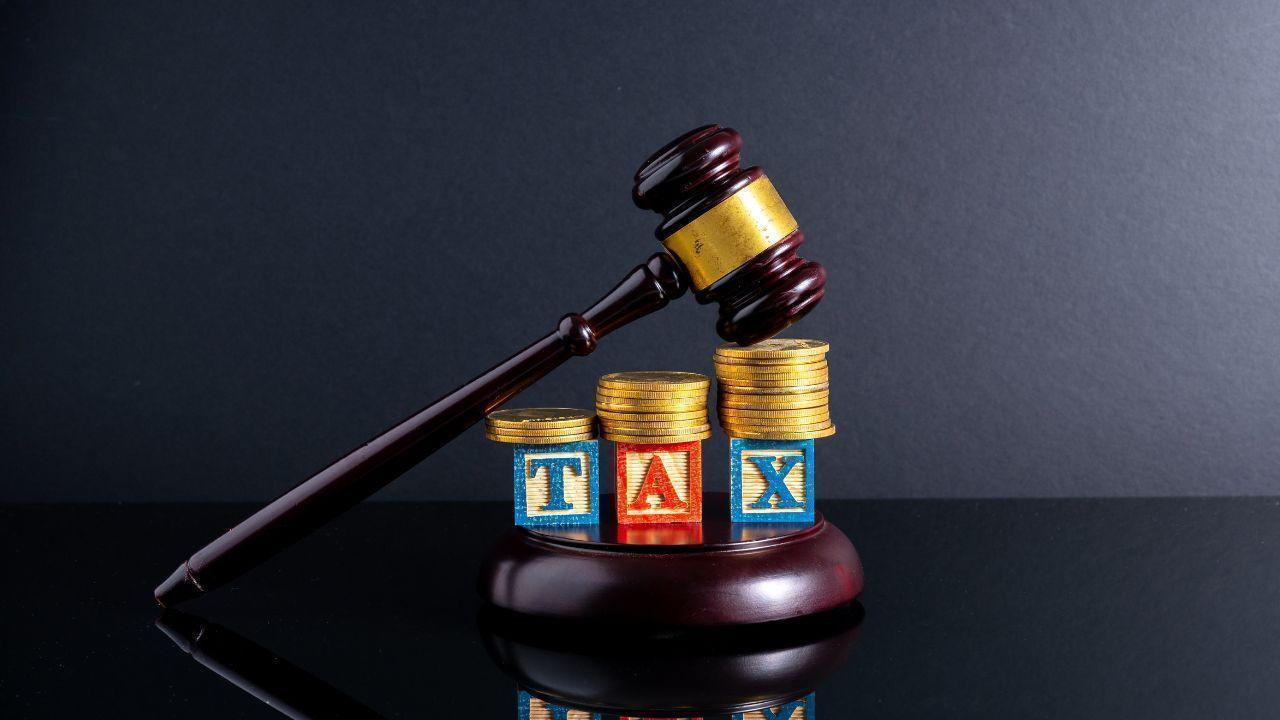
Post by: Pratik Kumar
The United Arab Emirates has recently introduced a groundbreaking financial policy that is shaping conversations worldwide. The UAE's 15% Minimum Tax Announcement is a pivotal move aimed at aligning the nation’s tax framework with global financial standards while supporting its long-term economic growth. This new policy represents a strategic shift that could redefine foreign investments, tax planning, and economic stability across the region.
The UAE's 15% Minimum Tax Announcement introduces a uniform tax rate of 15% on the profits of multinational corporations that earn beyond a specified threshold. This step is part of a broader international effort, led by the OECD, to combat issues like profit shifting and tax base erosion by multinational companies. The goal is to ensure that companies pay their fair share of taxes while adhering to transparency and fair competition globally. This tax rate will affect large multinational corporations with considerable profits and is expected to bring significant changes to corporate tax planning in the UAE.
The reasons behind this financial shift are both strategic and global. One major reason for implementing this tax is to maintain economic fairness by ensuring that multinational companies contribute to the local economies where they operate. Moreover, the UAE's 15% Minimum Tax Announcement reflects the UAE's commitment to international tax reforms and transparency. By adhering to these global standards, the UAE aims to strengthen its position as a trustworthy investment hub. This policy is also part of the country’s broader efforts to diversify its economy and integrate itself into international financial and economic systems.
The tax will primarily target multinational companies with annual earnings surpassing a specific threshold. While small and medium enterprises (SMEs) remain exempt from this tax, larger corporations in industries such as finance, real estate, and technology will likely feel the impact the most. These companies will need to revisit their financial structures and tax strategies to ensure they meet the new requirements. Businesses engaged in cross-border operations will be the most impacted, requiring adjustments in compliance strategies to maintain operations without disruption.
The UAE's 15% Minimum Tax Announcement is expected to bring both opportunities and challenges to the region's economy. On one hand, this tax will generate much-needed government revenue, which can be used to support healthcare, education, and infrastructure development. It will also ensure transparency and fair competition by aligning companies with a common tax framework. On the other hand, the introduction of this tax could result in operational costs for multinational companies as they adjust their tax strategies. These adjustments could lead to short-term economic uncertainty as companies determine their next financial moves. However, the long-term prospects remain positive, as the policy promotes equity and compliance with international standards.
Following the UAE's 15% Minimum Tax Announcement, multinational corporations will need to implement strategic changes to comply with this new policy. Compliance will involve restructuring operations, financial reporting, and tax planning to align with the new tax rate without facing penalties. This could also lead businesses to assess how their earnings are distributed across various regions to minimize tax risks. Furthermore, companies will likely rely on legal and financial advisors to ensure they are fully compliant with the new rules while minimizing operational disruptions. This tax shift signals that multinational companies will need to adopt new approaches to maintain profitability and navigate global tax compliance more effectively.
While this tax introduces new compliance requirements for businesses, it is ultimately a strategic move by the UAE to solidify its financial framework and support long-term goals. The introduction of this minimum tax will strengthen the UAE’s ability to align with global tax reforms while maintaining stability and encouraging fair investment opportunities. Additionally, the new tax generates government revenue that will directly support critical sectors such as infrastructure development, education, health, and technological innovation. This tax demonstrates the UAE’s innovative approach to managing economic growth while fostering transparency and equal competition.
The UAE's 15% Minimum Tax Announcement undoubtedly brings both opportunities and challenges for the economy. While the tax will create revenue streams for government spending and ensure multinational companies adhere to fair tax rules, it also introduces uncertainty for some corporations. The government will likely focus on providing clear guidance to companies to ensure compliance and mitigate risks of economic strain. Despite the challenges, the tax’s introduction serves as a signal of the UAE’s commitment to long-term economic diversification and strategic international cooperation.
The introduction of this 15% tax will undoubtedly lead to shifts in market strategies for both multinational corporations and investors. Moving forward, businesses and policymakers will closely monitor how this tax affects market operations, foreign investment flows, and economic diversification efforts. While there may be initial concerns regarding the introduction of this policy, the UAE’s proven ability to adapt and innovate suggests that the country will emerge stronger. Investors can continue to trust the UAE as a stable and strategic investment destination as the nation adapts to the new tax framework.
Summary:
The UAE has recently introduced a 15% minimum tax, signaling a significant economic shift. This move is expected to influence businesses, investments, and overall financial operations in the region. The tax is aimed at aligning the UAE with global financial policies and ensuring fair corporate contributions. With this policy change, local and international companies will face new adjustments, while the government aims to maintain its economic stability. Understanding how this tax will reshape markets, attract investments, and impact daily business strategies is key to navigating this change effectively.
Disclaimer:
This article is for informational purposes only and does not constitute financial, legal, or tax advice. Readers are encouraged to consult professional financial advisors or legal experts for advice tailored to their individual circumstances. DXB News Network takes no responsibility for decisions made based on the information shared in this article.
#trending #latest #UAETax #MinimumTax #EconomyImpact #UAEFinance #BusinessUpdate #TaxPolicy #EconomicGrowth #GlobalTax #CorporateTax #UAEEconomy #TaxReform #FinancialNews #TaxAnnouncement #EconomicPolicy #UAEUpdates #breakingnews #worldnews #headlines #topstories #globalUpdate #dxbnewsnetwork #dxbnews #dxbdnn #dxbnewsnetworkdnn #bestnewschanneldubai #bestnewschannelUAE #bestnewschannelabudhabi #bestnewschannelajman #bestnewschannelofdubai #popularnewschanneldubai

Discover what makes athletes succeed and how they reach their best...Read More.

Janhvi Kapoor dazzles in a mint-green gown at the Vivienne Westwood show, serving a Disney Princess look with sparkle, grace, and ultimate fashion vibes...Read More.














Meta’s AI Research Head Joelle Pineau to Step Down in May
Joelle Pineau, Meta’s VP for AI research, will step down in May after 8 years. She led Meta’s open-s

Real Madrid Edge Real Sociedad in 4-4 Thriller to Reach Final
Real Madrid fought back from 4-2 down to draw 4-4 with Real Sociedad sealing a 5-4 aggregate win. Ru

Nottingham Forest Near Champions League After Elanga’s Goal
Anthony Elanga’s stunning solo goal secured Nottingham Forest’s 1-0 win over Man United, pushing the

Ananya Panday Shines at IPL 2025 with Stunning Dance Performance
Bollywood star Ananya Panday dazzled the crowd at Wankhede Stadium with her energetic dance before M

Foreign Minister Joins Heritage Foundation Discussion in Washington
Dr. Abdullatif Al Zayani attended a session at the Heritage Foundation in Washington, discussing Bah